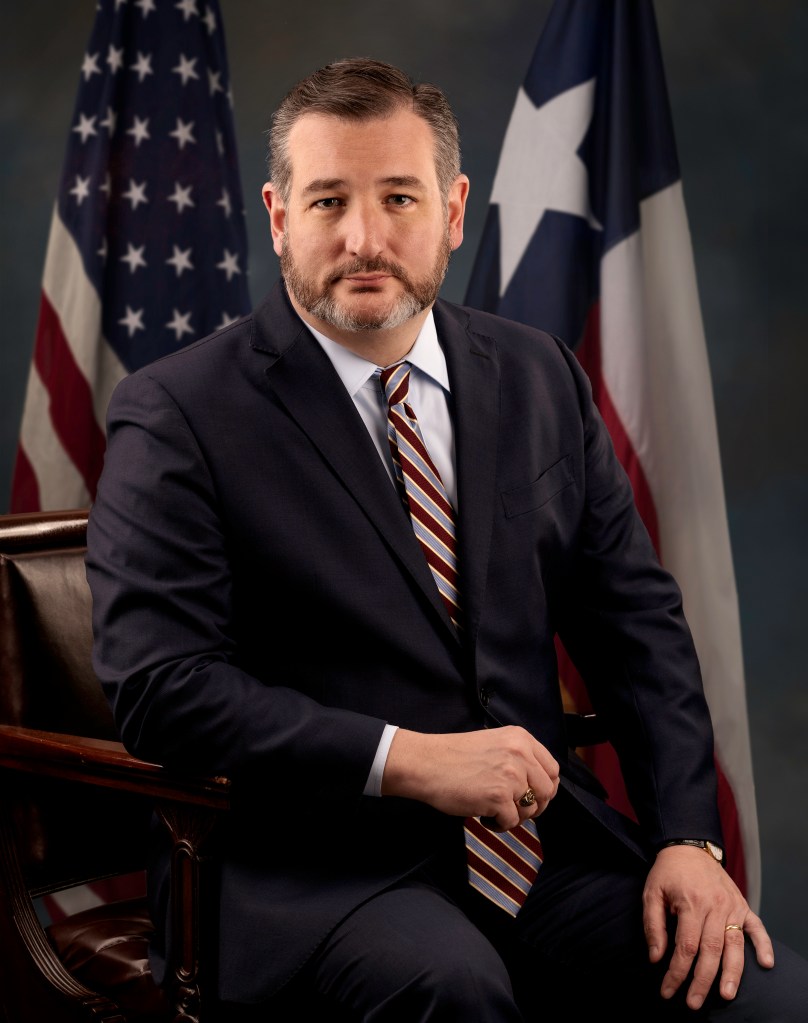A blueprint for our economic recovery
Published 12:55 am Wednesday, May 6, 2020

- Ted Cruz
|
Getting your Trinity Audio player ready...
|
The COVID-19 pandemic has taken more than 63,000 American lives. It has put more than 30 million hardworking men and women out of a job. It has taken cars off the road and grounded planes, leaving hundreds of thousands of energy jobs hanging in the balance. It has drained hard-earned retirement savings, shuttered small businesses, crushed livelihoods, and turned our booming, blue-collar economy upside down.
In response to this unprecedented crisis, Congress took unprecedented action to provide nearly $3 trillion in emergency relief directly to employers, families, hospitals, and many more on the frontlines working to combat the coronavirus. Unfortunately, as we’ve seen over the last several weeks, that relief can only go so far.
As the Senate gets back to work this Monday, I’m urging my colleagues to turn their focus toward the long-term recovery of our nation, instead of spending more and more taxpayer dollars for short-term relief.
Here’s how we should start.
First, we need to re-open our economy and get Americans back to work. There are reasonable steps we can and must take now, including increasing the production of personal protective equipment (PPE) to making testing more widely available, to begin safely re-opening the economy.
In the short term, there will be changes for individuals, such as wearing masks, gloves, and other PPE in public, and for business owners, including reconfiguring office spaces and dining rooms in order to maintain social distancing guidelines and mitigate the spread of the virus. These are changes many are willing and ready to make to re-open their businesses, get back to their jobs, and back to their lives outside their home.
These steps will also get people back on the road, which will help our struggling energy producers and the hundreds of thousands of blue-collar workers whose livelihoods hang in the balance.
Second, we need to push pause on spending and not allow Nancy Pelosi to hijack discussions on the path forward. We cannot simply spend our way out of this crisis or give into Democrats’ unreasonable demands.
That includes not handing a blank check to fiscally irresponsible states. We should not be in the business of bailing out states on the backs of taxpayers in more fiscally prudent states. We can, however, provide additional flexibility for states to use funds they’ve already received for law enforcement.
Instead, we should focus on fixing any issues in the existing assistance programs and work to deliver on four key health priorities: making testing more accurate and widely available, ensuring we have enough of the essential medical supplies for first responders and health care professionals, creating more capacity and providing critical resources for hospitals and medical facilities, and working quickly to develop and approve vaccines and cures.
Third, we need to grow our economy out of this crisis by cutting taxes and lifting regulations. Between 2009 and 2019, 637 “economically significant” regulations were added to the Federal Register. Each regulation comes at a cost to both businesses and their customers, throwing wrenches into the gears of economic growth. Every regulation that was waived during this crisis ought to remain waived and we should begin repealing the most costly of the major regulations that have accumulated over the past decade.
We should also eliminate both the employer and employee side of the payroll tax for the rest of the year. This will not only alleviate the employers’ burden of paying back deferred taxes over the next two years, but will also give employees a de facto wage hike, putting more money into Americans’ pockets. This will also help counteract the negative labor supply effects of the overly generous federally supplemented unemployment insurance.
Fourth, we need to recognize that China bears significant responsibility for the magnitude of this pandemic and must be held accountable. China is our greatest geopolitical threat; it’s time we act like it.
China – and the Chinese Communist Party leaders – have threatened to cut off the supplies of pharmaceutical products that Americans rely on. This is dangerous, and if they were to do so, it would be the equivalent of an act of war. It is just as dangerous that they are able to credibly threaten to cut off the supplies of metals that Americans rely on for everything from our electronics industry to our military capabilities.
Going forward, we must take every measure available to decouple our economy and medical supply from China. We need large, structural, bold initiatives to address those dependencies.
We must also address the full spectrum of threats posed by the Chinese Communist Party. That includes everything from their ability to conduct espionage through their technology companies to their ability to control what Americans see and hear in schools and through films. It also means reining in our exploding federal debt – part of which is financed by the Chinese government.
The American people are hurting. They are worried about the future and they are looking for the light at the end of the tunnel. The sooner we begin taking these long-term, commonsense steps, the closer we get to helping workers, families, and small business owners grow their way out of this crisis.
Ted Cruz is a U.S. Senator for Texas. This column originally published in The Hill on May 3, 2020.





